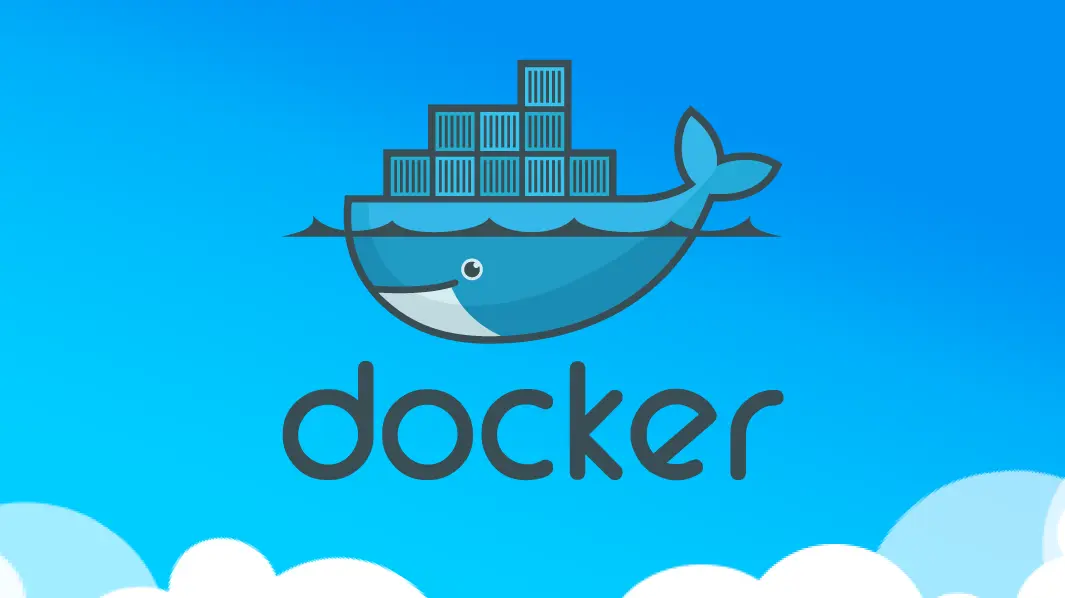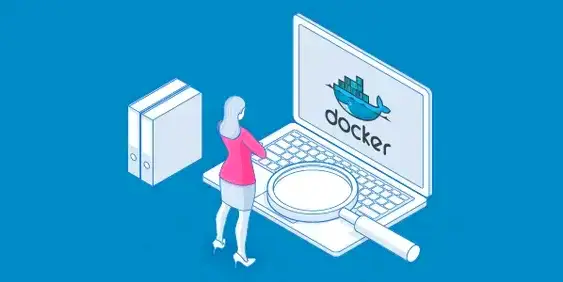
Docker is an open source platform that enables developers to build applications as containers, deploy them to a server, and run them. Containers are packages containing the main software and its required settings, which are very light and portable. These packages contain everything a program needs to run, including the program's executable files, runtime tools, operating system tools, libraries, and their settings.
By using Docker, we no longer need to spend hours setting up the server and installing the prerequisites of the program, including runtime and database, before deploying the program. Also, by transferring our services to a new server, we can easily do this without reconfiguration.
Docker has become incredibly popular in recent years because it helps developers make their development and deployment processes simpler and faster.

If we want to list the features of Docker, this list will be as follows:
Portability: Docker containers are lightweight and portable, meaning they can be run on any machine that supports Docker, regardless of the underlying operating system. This makes it easier to transfer applications between different environments such as development, testing and production environments, without worrying about the problems associated with these environments.
Compatibility: Docker ensures that the application runs identically in different environments and carries all the dependencies required to run the application. This feature helps to eliminate the worries about different operating systems and its settings.
Scalability: The resources consumed by Docker containers can be changed based on need and demand. This feature allows developers to speed up and scale applications without worrying about hardware limitations.
Productivity: Docker containers consume less resources than traditional virtual machines. This feature allows developers to run more containers on the same machine, increasing productivity and reducing costs.
Security: Docker containers run in an isolated environment and will be less vulnerable to security threats. Also, the presence of a malware on the main server cannot easily affect these containers.
Easier collaboration: By using Docker and applying the settings required by the program, it is no longer necessary for each team member to apply their personal settings on the local system.
In short, Docker provides a way to prepare and publish applications in a standardized and cross-platform manner that makes it easier to develop, deploy, and maintain applications at high scales.

I am Reza Babakhani, a software developer. Here I write my experiences, opinions and suggestions about technology. I hope that what I write is useful for you.
leave a comment